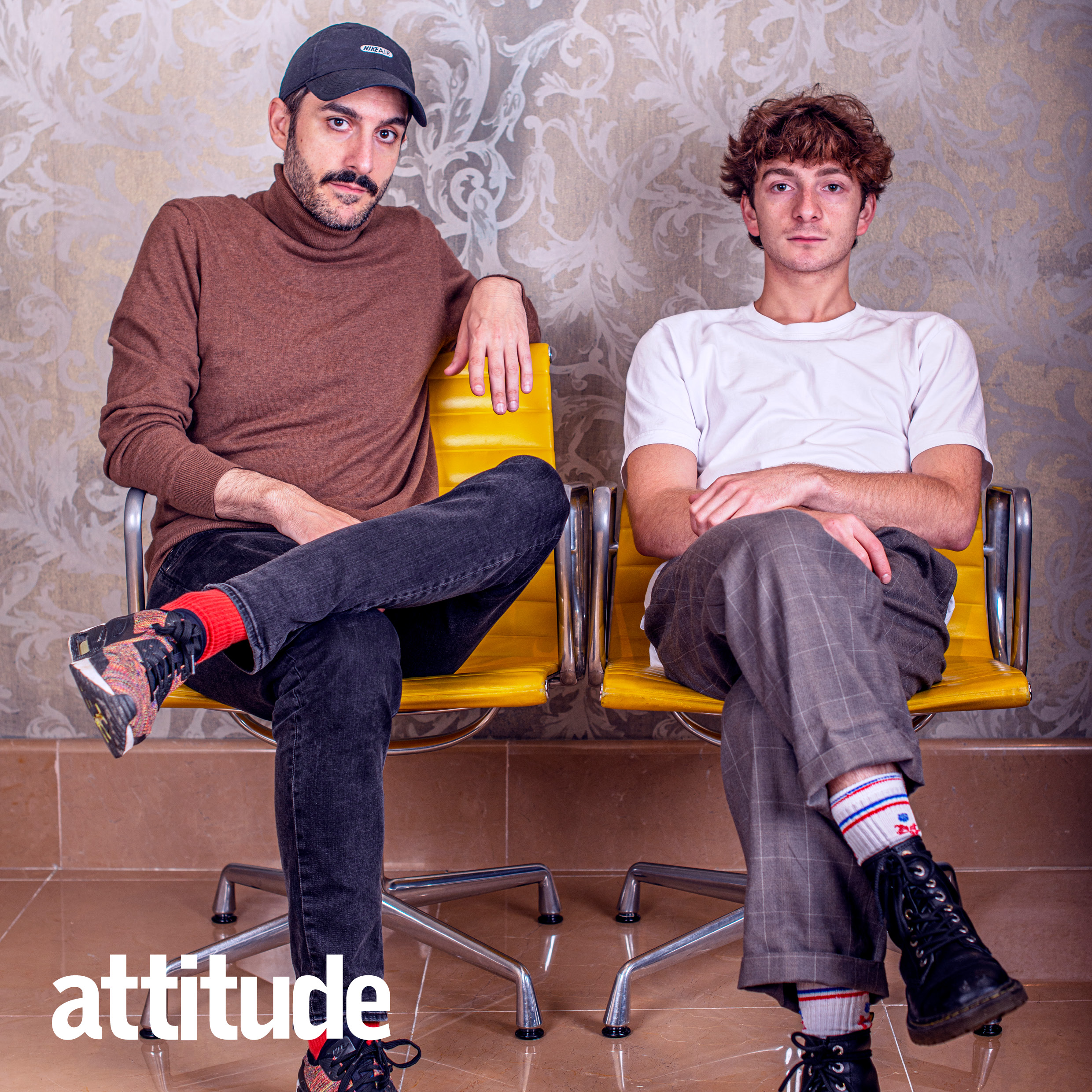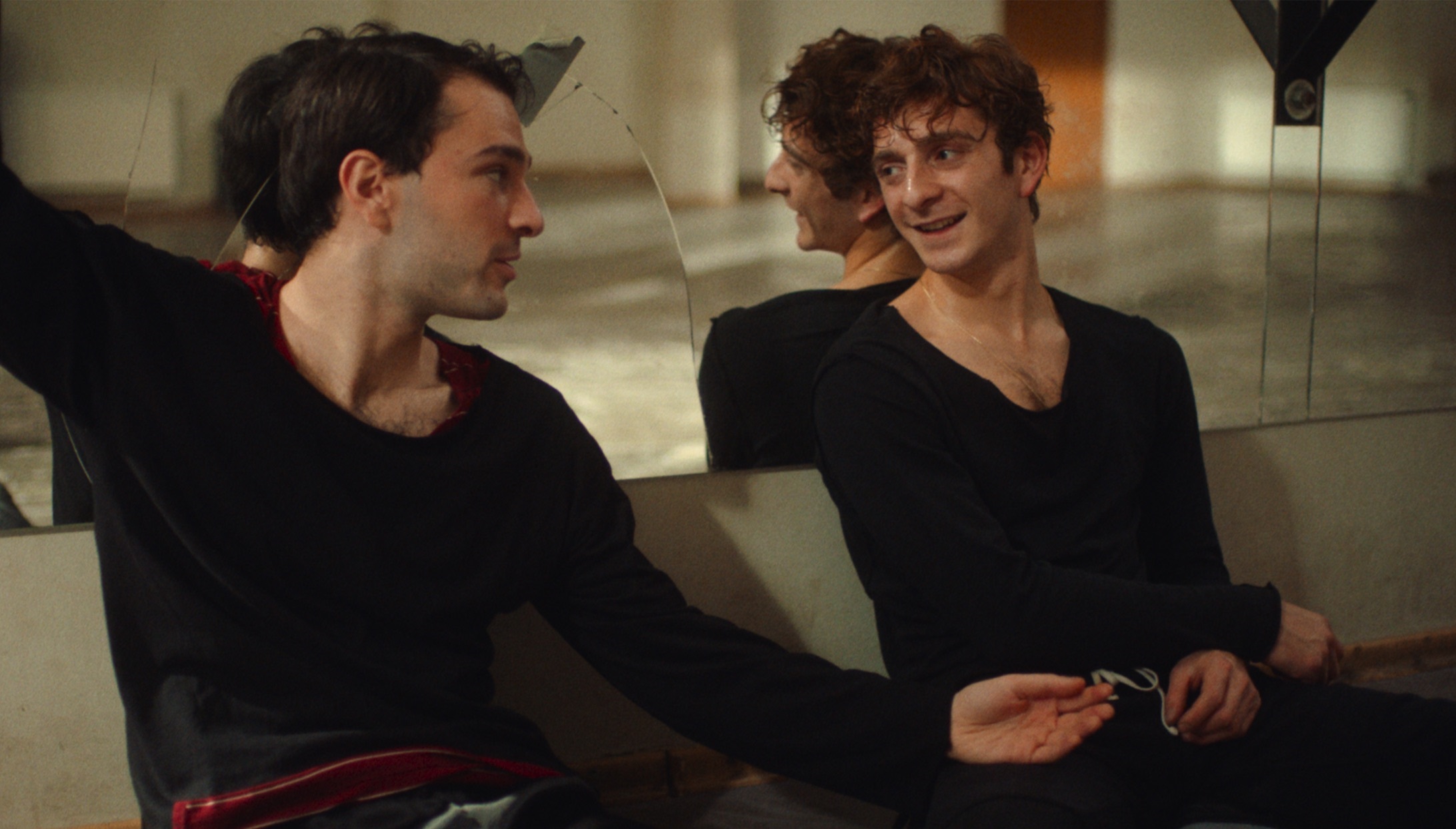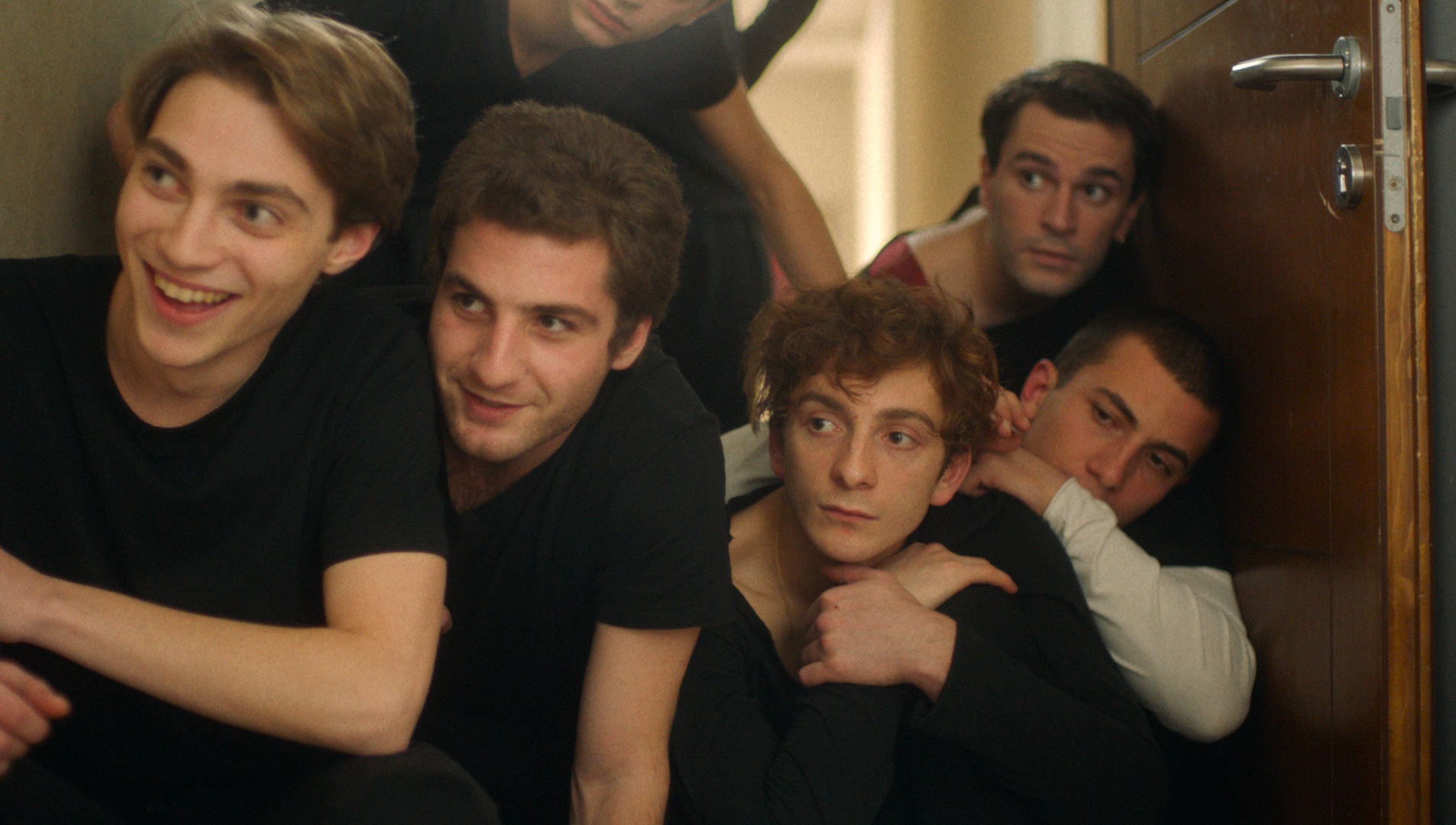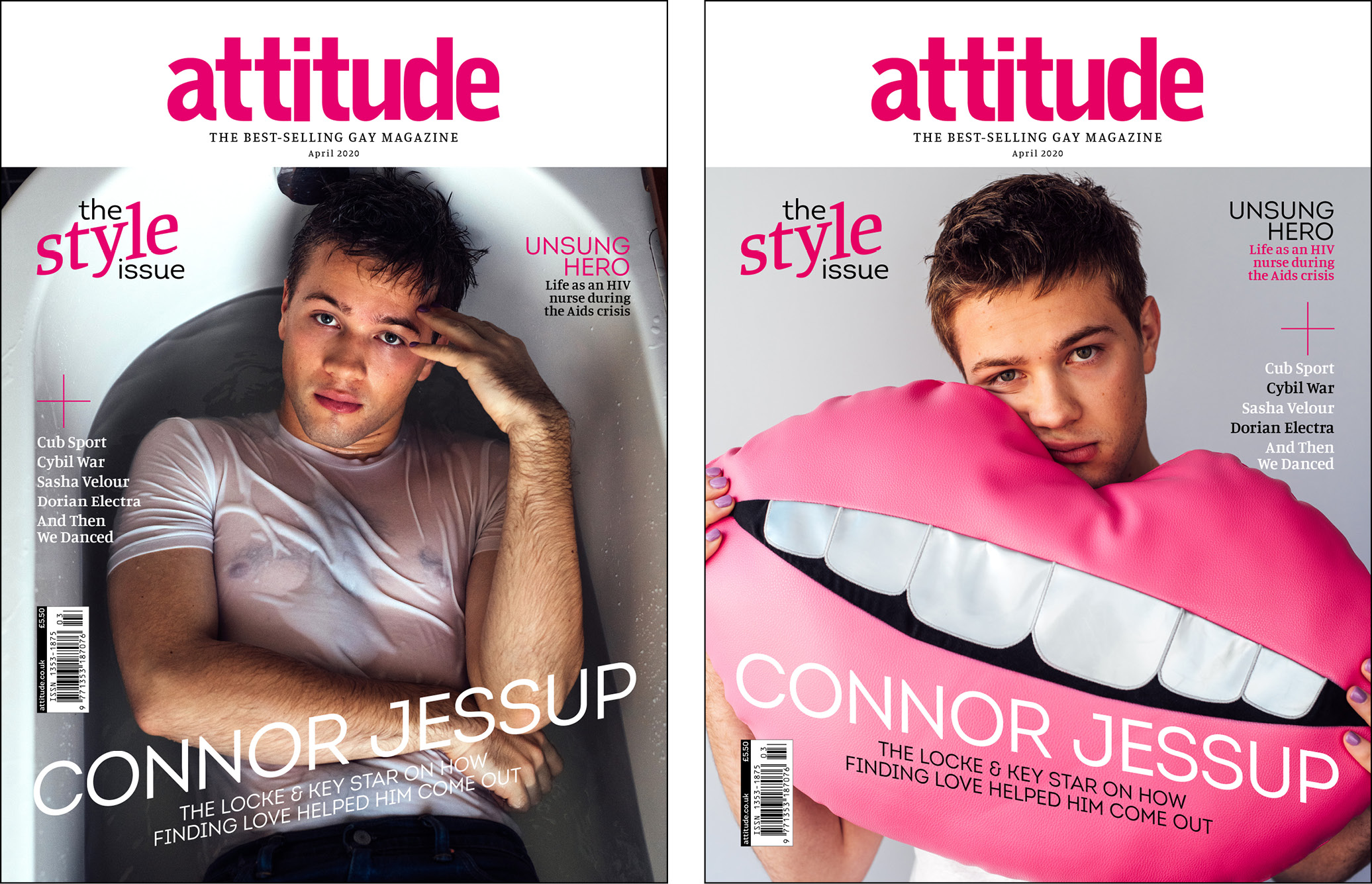‘And Then We Danced’: An inside look at the powerful gay film that sparked protests in Georgia
Director Levan Akin and star Levan 'Gelly' Gelbakhiani open up about the drama that's come with making Georgia's first explicitly gay drama.
By Will Stroude
Words: Thomas Stichbury
In making Georgia’s first explicitly gay-themed film And Then We Danced, Director Levan Akin has certainly raised the barre – but he had to leap over huge hurdles to do so.
The coming of age drama – released in the UK on 13 March – charts the sexual awakening of a young dancer named Merab, played by Levan ‘Gelly’ Gelbakhiani, who falls for the charms of a twinkled-toed rival, Irakli (Bachi Valishvili), and has already raised plenty of hackles in Georgia.
Homosexuality is legal in the former Soviet republic, however, the country ranks as the third most homophobic on the planet, according to the World Values Survey.
In Attitude’s April Style issue – out now to download and to order globally – Levan, 40, and 22-year-old Gelly outline the obstacles they had to overcome to make the movie a reality – like the “sudden” loss of pre-booked locations.
“When we went to [places] that the municipality were in charge of, they wouldn’t say: ‘No, you cannot [film] here because this is a gay movie,’ but they would make up excuses such as: ‘We’re renovating,’ which would piss me off,” Levan fumes.
“We also made the mistake of going to an [dance] ensemble in Georgia and asking for help. They were like, ‘No, you can’t do this, you’re crazy,’ and started calling everybody, warning them about us,” he continues.
Swedish-born Levan received little support from the Georgian Film Center and he also had a run-in with Nino Sukhishvili, from the Georgian National Ballet, who turned her back on them when they asked for help.

‘And Then We Danced’ director Levan Akin and star Levan ‘Gelly’ Gelbakhiani, shot by Markus Bidaux exclusively for Attitude’s April Style issue
“She did an interview where she was going to tell her version, which backfired because she showed herself to be a huge homophobe, which was funny,” he laughs.
Things took a far more sinister turn when death threats were issued from a right-wing group, culminating in the hiring of an on-set bodyguard.
“Some people called our casting agent and told her that she was a disgrace to Georgia and that, if she doesn’t watch it, things will go badly,” Levan recalls.

“We didn’t feel the stressful moments [though] because we were so focused,” Gelly adds.
The protection was factored into the budget so that cast members were not in the region in the wake of the film’s release.
“Being there for Gelly and Bachi is our number-one priority in life. This is more than a film for me. I have a personal relationship with them. We became like a family,” Levan stresses.

Predictably, the situation did intensify at the premiere in November, with protesters outside the Amirani cinema in the capital, Tbilisi – riot police were on speed-dial as anti-LGBTQ locals threw rocks and firecrackers, and chanted “Shame” and “Long live Georgia” at filmgoers.
“I knew the film would spark a debate, but I was surprised by the level of aggressiveness,” Levan admits.
He assures Attitude that the hate-fuelled protest won’t overshadow the outpouring of love for And Then We Danced.
“It is a celebration of culture and tradition, and how it needs to be inclusive and not dictated by a few,” Levan insists.
Read the ful interview in Attitude’s April Style issue is out now to download and to order globally.
Buy now and take advantage of our best-ever subscription offers: save 45% on the cover price in print, 13 issues for £19.99 to download to any device.

